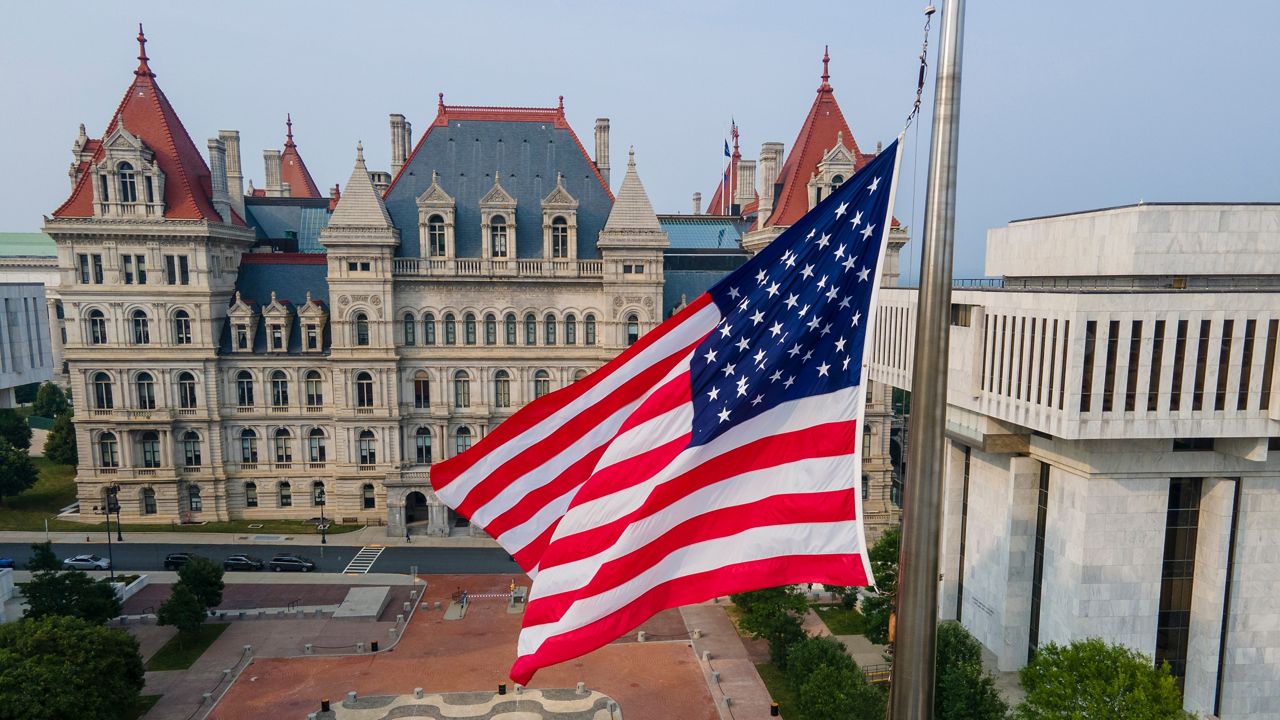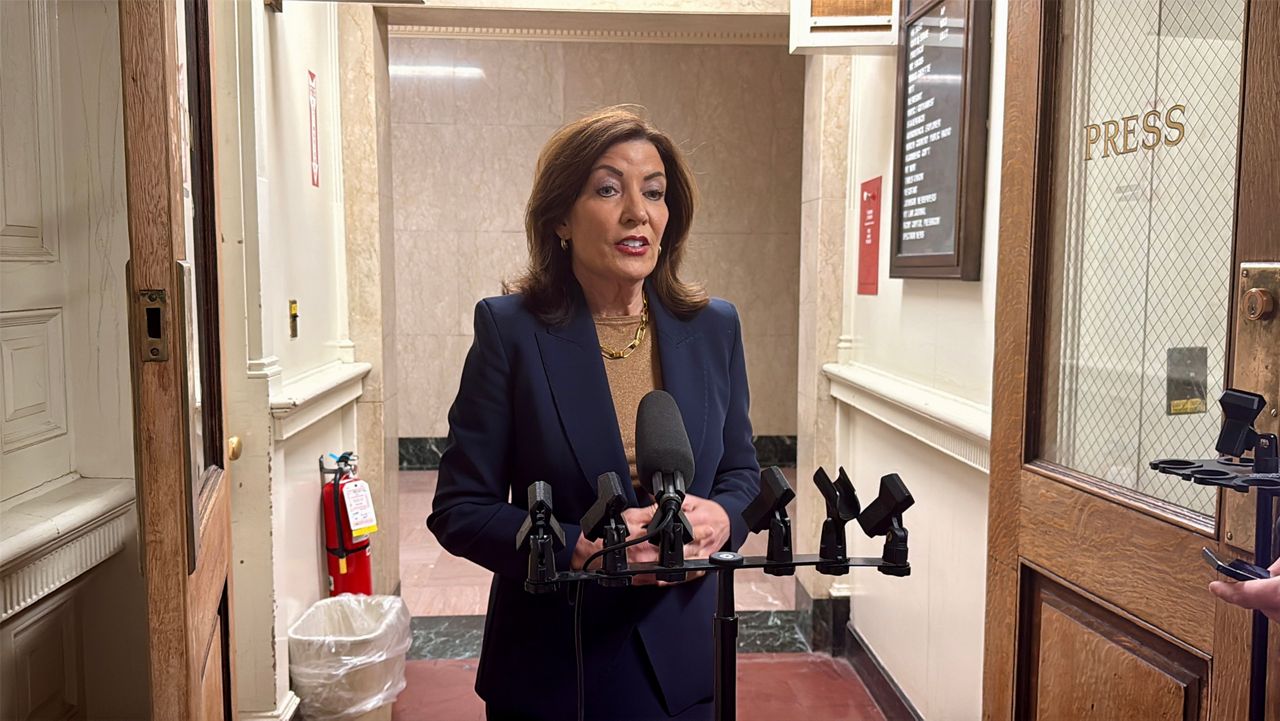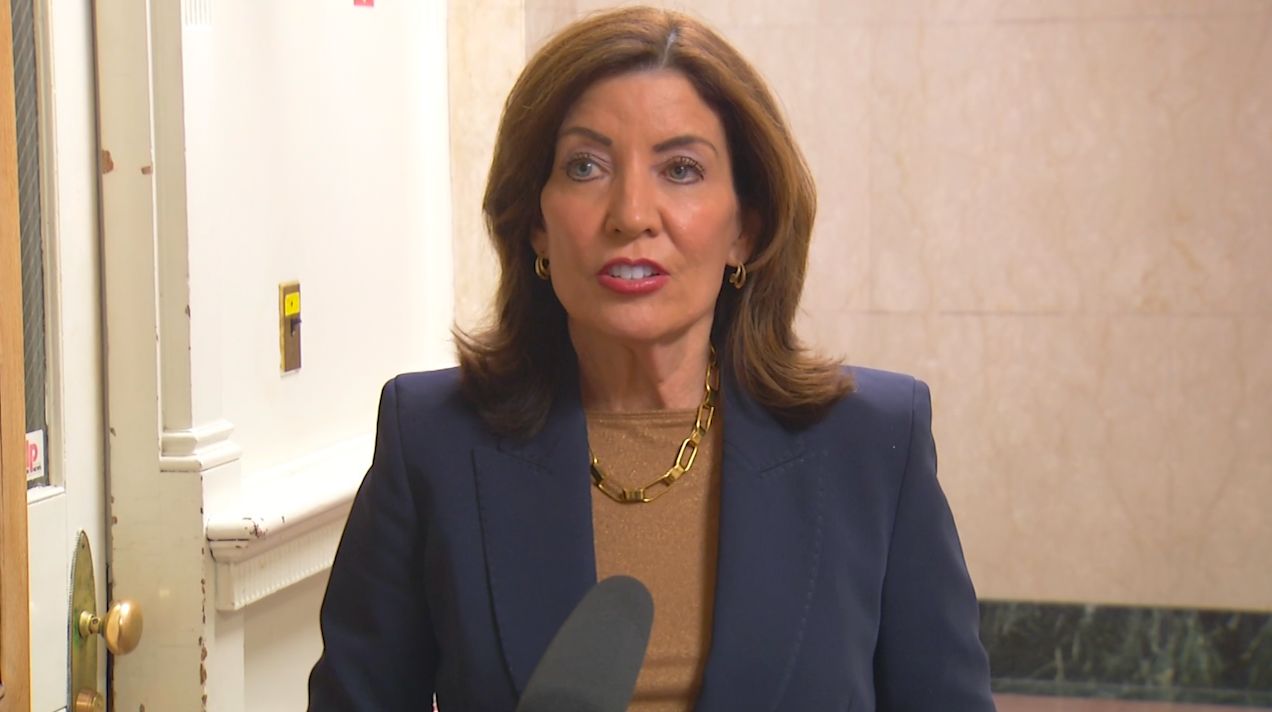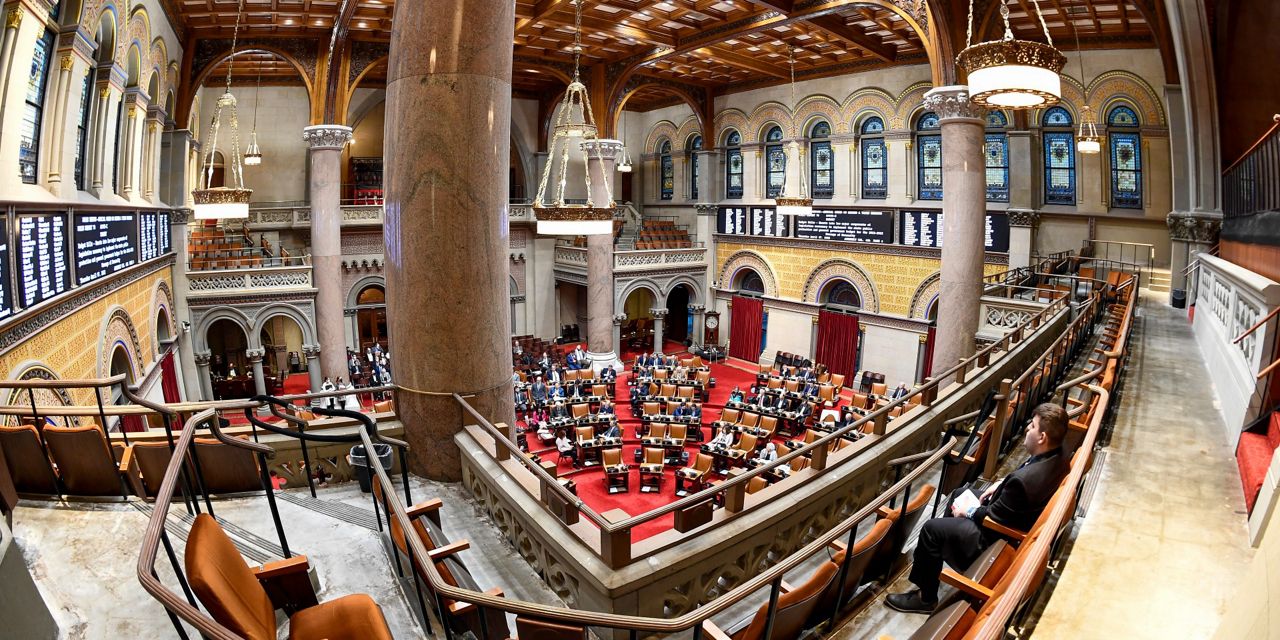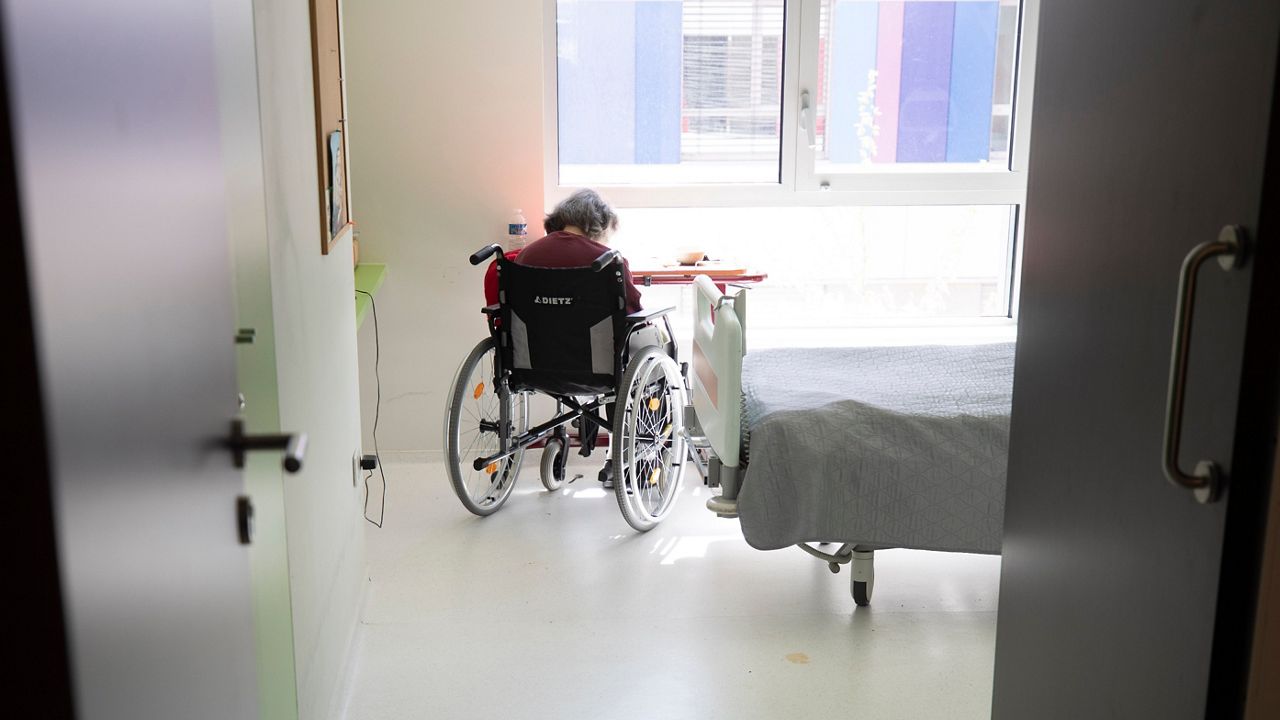Gov. Kathy Hochul is considering legislation that seeks to stop the state of New York from contributing to deforestation and degradation of tropical rainforests.
Similar legislation approved by the legislature last session was vetoed by the governor, but the bill’s sponsors feel they have addressed those concerns and they are open to further discussion to get the bill signed.
Seeking to make a difference from afar, the “Tropical Rainforest Economic & Environmental Sustainability Act,” also known as the TREEs Act, would ensure that companies contracting with the state do not contribute to tropical forest degradation or deforestation directly or through their supply chains. It would also help small, medium, and women and minority owned businesses ensure they are compliant.
Advocates, like the bill's sponsor state Sen. Liz Krueger, point out that while no such forests exist here in New York, the ripple effect of deforestation in the earth’s rainforests can be felt around the globe.
“An area more than half the size of the state of New York is being lost every year to deforestation,” she said. “One half of the earth’s tropical forests are already gone.”
Krueger said the new version of the bill hopes to address concerns that led to the governor’s veto last time. It allows exemptions if necessary when a request for proposals has been put out and no bids are made, limits the lift for what research companies have to do in order to comply and allows more time for transitioning to other products where the state currently relies on the materials in question.
The bill targets the use of tropical hardwoods in particular, and critics have insisted that the legislation will hurt businesses by prohibiting them from using such materials.
Krueger disagrees, arguing that that if anything, it will help both the environment and the economy.
“If you’re buying your wood from foreign countries and their rainforests, you’re not buying it from New York state forests, because of this bill there will be more demand for New York state hardwoods, and there are plenty of them,” she said. “Native-grown New York state hardwoods that are not putting the planet at risk if we cut them down and use them.”
That said, concerns about the bill aren’t limited to direct economic impacts.
John Bartow, executive director of the Empire State Forest Products Association, told Spectrum News 1 that the organization has concerns that the bill’s language will allow regulations to snowball into further restrictions and instead feels regulating these products should be left to the federal government.
“We don’t have anything against trying to address bad forest management in the tropical rain forest, we support and that we’ll continue to support it,” he said, noting that the state already has regulations in place when it comes to importing such materials. “We just think it needs to be a level playing field across the states.”
Krueger dismissed this criticism as well, stressing that she feels it will help New York businesses work with the European Union where similar regulations already exist, and prepare them for a broader rollout if and when other states or the federal government take action.
Hochul's office told Spectrum News 1 that she is reviewing the legislation. Krueger said she believes this is the year the bill will be signed, and is open to working out any issues with the governor's office through discussion or chapter amendments if necessary.





